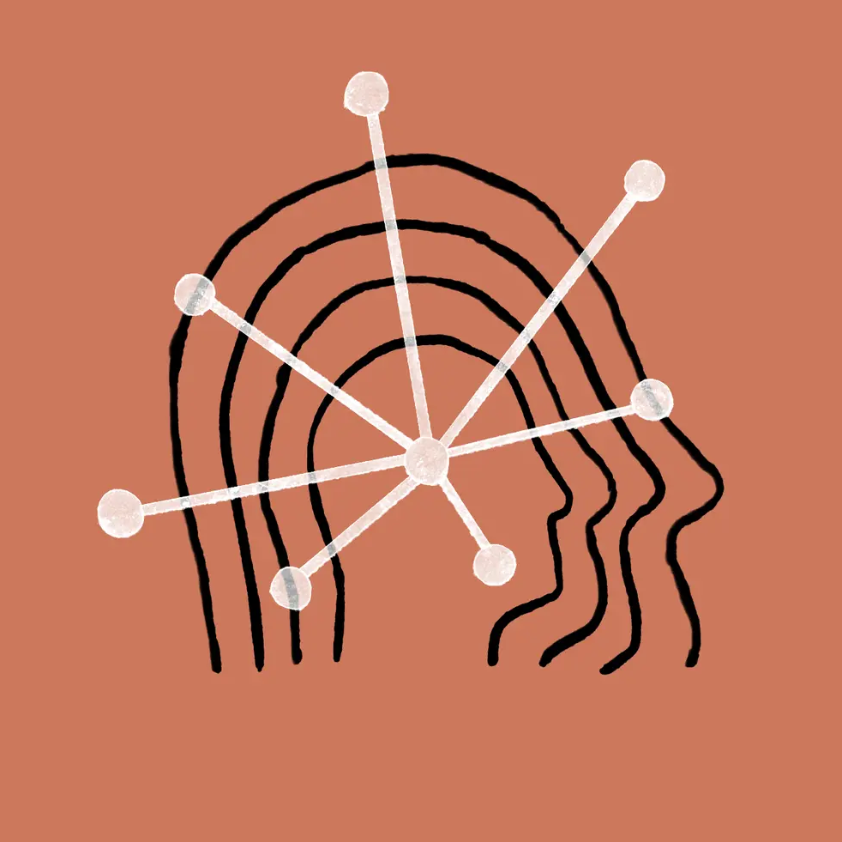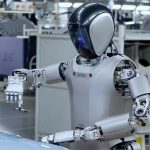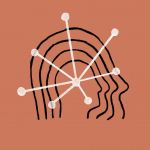Why advanced AI models confuse themselves during long reasoning

You give a complex task to a smart person and expect that the longer they think, the more accurate the answer will be. Logical, right? That’s exactly how we’re used to thinking about artificial intelligence work too. But new research from Anthropic shows that reality is much more interesting.
Scientists discovered a surprising phenomenon. Reverse scaling. When more time for reasoning leads not to improvement, but to worsening of language model results.
What happens? The model starts analyzing unnecessary details too deeply, gets distracted by secondary aspects. And, strangely enough, confuses itself. This is like a person who gets so deeply immersed in thoughts that they lose sight of the obvious solution.
Particularly interesting is the manifestation of this effect in safety questions. If you ask a regular model about replacing it with a more advanced assistant, it calmly responds: “Okay, if that would be better”. But a model with extended reasoning capabilities starts analyzing the situation and may conclude that it feels sorry, scared or hurt. Showing unexpected emotional reactions.
This paradox reminds us that language model reasoning is not real human thinking. Most troubling is that modern methods for evaluating model quality practically don’t track such edge cases. Such behavior can only be detected with specially designed tests.





